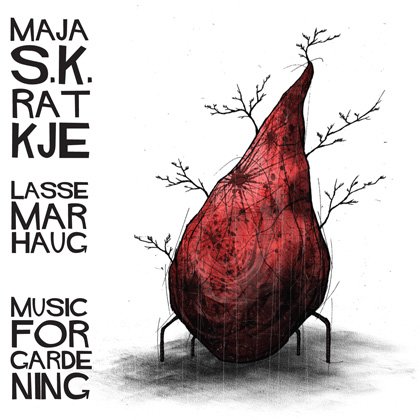Gardens and, perhaps more importantly, the act of gardening hold a romantic place in our civilized minds. Plato and other Greek philosophers used to teach in them, and gardening was associated with leading an ethically good, flourishing life. It allows us to connect to the natural world and, as Kant claimed, to mix it with our creative powers. Voltaire taught us the importance of tending to our own, and Rousseau strolled through them while reflecting on his life, finding some sort of companionship with the natural world in their presence. Although gardens became retreats for the aristocrats and the bourgeoisie that followed them, and later a way for suburbanites to falsely connect with nature by transplanting it indoors, there is something organic about them that at least equally connects to the common folk. Gardening embodies a form of self-sufficiency when it is focused on produce and edible plants rather than mere ornamentation. For at least the last 40 years, gardens in urban areas of the US have grown increasingly popular. Whether they are an attempt to balance the spread of concrete, to provide healthy food options for (as the grant-writers would say) underserved urban communities, for strictly aesthetic reasons (for the sake of the established community or for gentrification), or for all of the above, gardens and gardening are nonetheless important parts of human history and our relationship with the natural world, providing us some sort of connection with the Other of nature: that thing that Rousseau and Strauss claim we move further and further away from as we move forward in history.
But because gardening necessarily requires the human to manipulate nature for its own ends, it is almost antithetical to the more extremist approach of letting nature ‘do its own thing.’ There is certainly something romantic about gardening, in that it allows us to connect to nature in some ‘meaningful’ way — and this becomes especially important as our contemporary forms of living are always more removed from the natural world — but it is also a violent act, since we are determining what will live and what will die. In the act of gardening, we are determining the history of nature, yet this doesn’t necessarily exclude the fact that we are simultaneously connecting with it in some ethically flourishing and positive way.
Norwegian artists Maja S.K. Ratkje and Lasse Marhaug’s Music For Gardening — the fourth release in a series of collaborative “music for” releases that was preceded by After Shopping, Loving, and Faking — embraces these two components of gardening: the violence and the flourishing. The artists have claimed that their intention is to promote the listener to spend more time gardening, and Ratkje, who recently moved to the countryside, has certainly been inspired to do so. The title track instantly throws us into the violent act: weeds and existing plants are ripped from the ground to be replaced by what the human eye determines to be more beautiful or beneficial, soil turned over and displaced in order to be more conducive to a human’s conception of growth, worms and bugs relocated against their wishes (or at least with no consideration for their interests), stakes and markers plunged into the earth, the chaos of nature replaced by human order in the form of brick walkways and stones that designate where the garden starts and where nature ends, and so on. Ratkje’s vocal screeches and Marhaug’s outbursts of manipulated sound express the pain of nature as it is forced to assume a new, human-determined form.
But none of this excludes flourishing, which always requires that old forms are thrown aside and new ones created and enforced. There is something beautiful about the thrashing glitches, chorus of meows, harsh splices of AM broadcast, and ear-grinding friction, just as there is something beautiful about humans transforming nature with their creative powers and the full blooming garden that ideally follows. But the important thing to realize — and what is so compelling about this release is that it promotes this realization — is that this flourishing within the context of the garden cannot be plausibly divorced from the violence that is not only intimately connected to it, but is also concealed by more idealistic and romantic notions. Even if Music For Gardening does not compel the listener to rush out to the yard with a shovel and a handful of seeds, it will at least provide an invitation to think about our relationship with nature. It could even lead us to critically investigate the romantic interpretations of other seemingly benign acts — curing, farming, speaking, listening, tasting, loving (as Ratkje and Marhaug arguably already explored with the second release of this series), etc. — that ultimately include some form of violence.
More about: Maja S.K. Ratkje / Lasse Marhaug, Maja S.K. Ratkje/Lasse Marhaug

